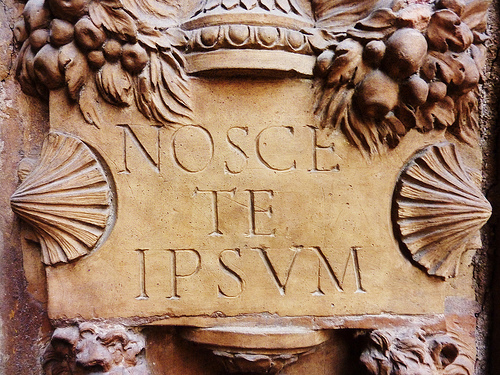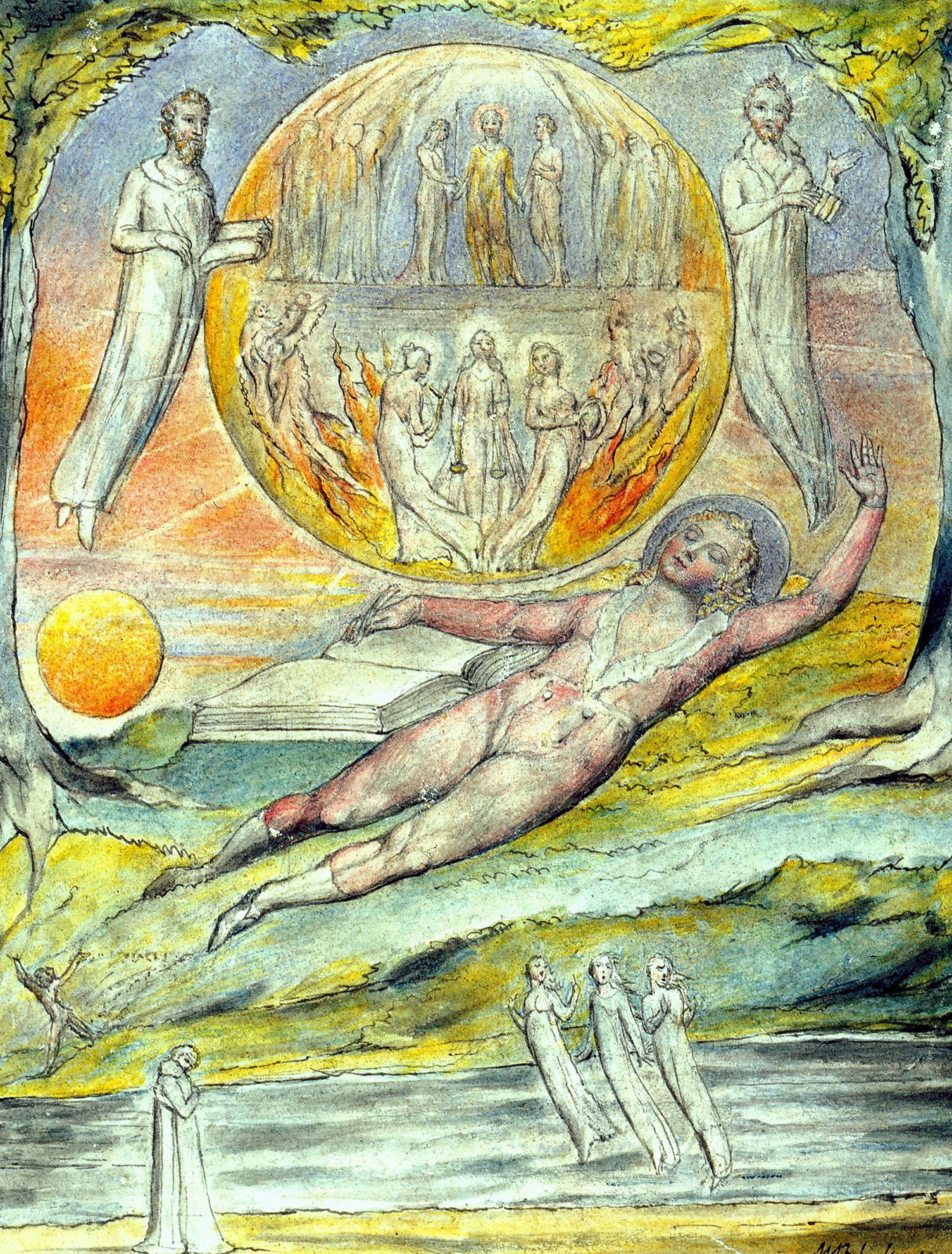“I advise you, whoever you are, who wish to explore the mysteries of nature,
if you do not find within yourself that which you seek, neither shall you find it outside.
If you ignore the excellencies of your own house, how do you intend to find excellence elsewhere?
Within you is hidden the treasure of treasures.
Oh, man, know yourself and you shall know the Universe and the Gods!”
-Inscribed at the entrance of the ancient Greek temple of the oracle of Delphi

Gnosis is direct knowing, direct internal experience. Gnosis is the eternal truth that elevates the human experience and brings meaning and purpose to life.
Gnosis is found within all religions, mystical teachings, philosophical systems, within the science of the Earth and stars, within medicine and healing, within art, music, and all expressions of beauty and transcendence.
The gnostic teachings and organizations exist to transmit the methods and clarify the doctrines that help each person awaken to their true purpose. To see beyond the apparent form of things and into their true nature.
Two Greek Words for Knowledge
Episto is what we learn at school or university. It is information found online, in books, the knowledge based in memorization and concepts, learned and applied exclusively externally.
Gnosis is experiential, internal knowledge, internal truth, arrived at with the consciousness.
Gnosis is beyond the thoughts and feelings, it is something natural and spontaneously arising, a hunch, an intuition, a dream, a meditation experience. But more than that: gnosis is something truly objective, of the consciousness, for the consciousness.
Gnosis is also related to the words: chan, zen, jain, jhana, yana, gnana, all indicating a certain type of knowledge, or meditation in the sense of a meditative state of mind or awakened consciousness. To really know oneself in this way takes a certain kind of effort, of learning and cultivating awareness in every moment.
Gnosis is the Perennial Philosophy
Gnosis may be associated most closely with Gnostic Christianity and the gospels not included in the New Testament, including the gospels of Mary, Thomas, Phillip, and Judas, collected in the Nag Hammadi library, the Dead Sea Scrolls, and other sources. Yet gnosis is a universal teaching, a universal truth, found in all religions.
The word religion is from the term religare, “to reunite”. Religion in its truest sense is to give us a way to reunite with the divine, to reconnect with all beings, to not see ourselves as separate from everyone and everything.
Religion in this way allows us to regain our lost unity within ourselves, beyond all our internal contradictions, to reunite within ourselves and to be organized internally.
All Religions Contain the Same Essential Wisdom
Buddhism, Taoism, Hinduism, Christianity, Judaism and Kabbalah, Islam and Sufism, the religions of the ancient Egyptians, Assyrians, Chaldeans, Aztecs, Mayans, Nordics, Celts, etc. contain same universal wisdom but modified within that particular time, place, and culture.
All religions at their heart express the same eternal values: faith, reverence, forgiveness, compassion, remembering that which is sacred, development of the human self, of the human culture, appreciation of what is best and most beautiful in everything.
The medieval European alchemists called gnosis the perennial philosophy, the invisible thread that links the essence of all religious, mystical and philosophical pursuits.
Philosophy means to ask the big questions: Who are we? Where do we come from? Where are we going? What is our purpose? The answers to these questions have been sought as long as humans have existed, and the answers are glimpsed in all aspects of expression of the human experience.
Gnosis is an intimate and internal process, the relationship between one’s own consciousness and the truth. Gnosis then can be defined as truth. It is also ethics, because truth always points in the direction of goodness, compassion for others, sincerity. Gnosis is beauty, harmony, wisdom. We all have this gnosis inside of ourselves, accessible through our awareness, our consciousness.
The gnostic teachings are structured to bring the seeker in touch with their own inner realities, to have their own gnosis, and to understand it in the context of many mystical and religious traditions.
The Balanced Path
The spiritual path typically falls into one of three broad categories: development of willpower, of mystical devotion, or of intellectual spiritual powers. These three paths always require the seeker to abandon normal life to pursue the spiritual. They must leave family, jobs and home to live and work in an isolated way.
The fourth way is the balanced path and incorporates all these components to be able to function in normal life. The fourth way uses life as a school to awaken the consciousness, to develop, harmonize, and balance ourselves.
The foundation of the spiritual path is a psychological maturity and responsibility to ourselves and others. This path teaches the techniques of meditation and transmutation to develop the basic physical willpower; devotion and prayer to access higher emotional states and have an intimate relationship with the divine; and the development of the intellect with a coherent doctrine, spiritual discipline, and practices to awaken the latent faculties of the soul.

